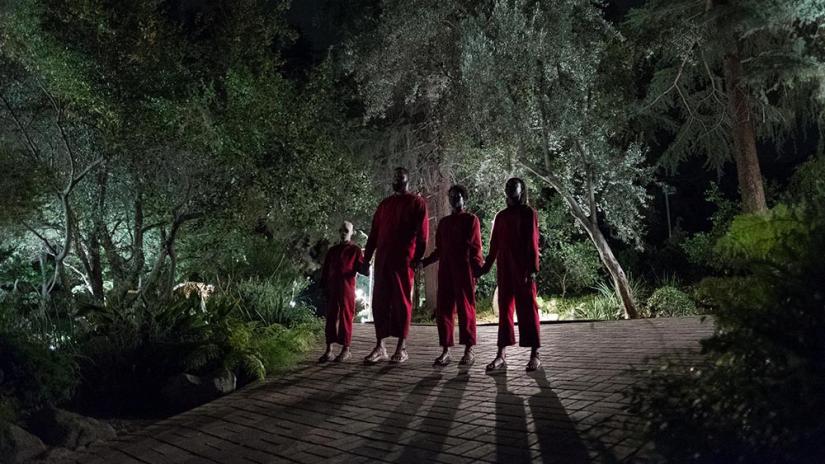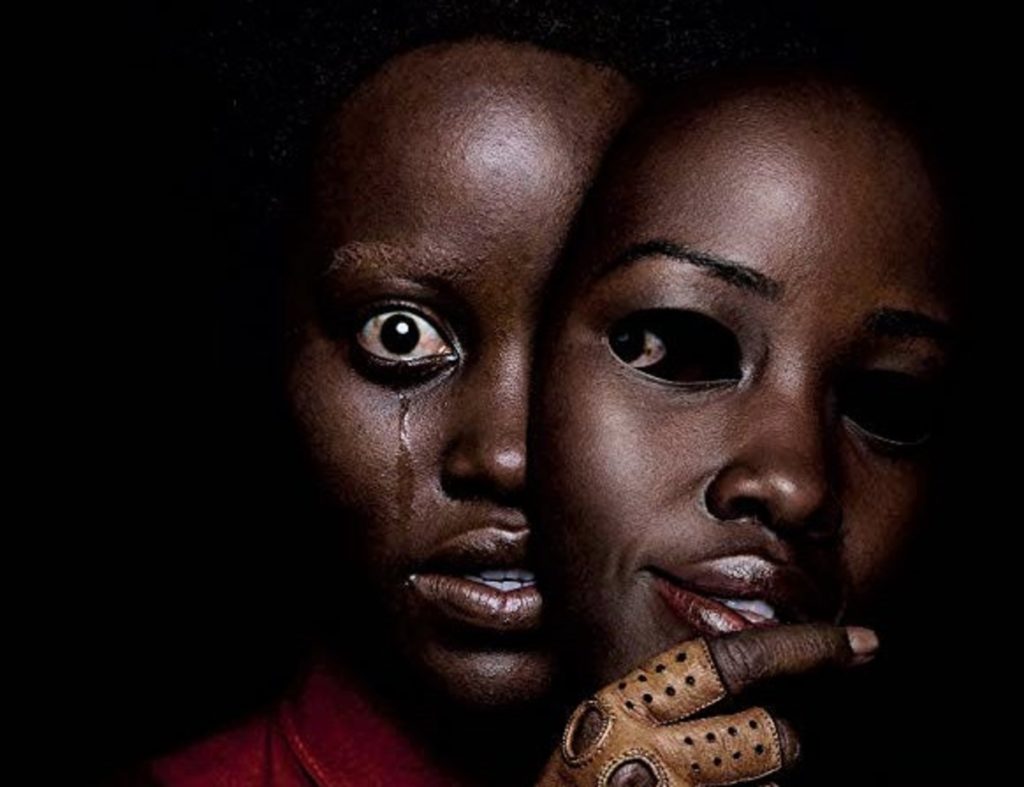Us
116 minutes (15)
★★★★★
IN 2017, Jordan Peele wowed filmgoers with his directorial debut Get Out, a whip-smart horror movie blending scares and social commentary to dizzyingly effect.
Universally adored by audiences and critics alike, it went on to pick up a glut of awards, cleaning up at the box office in the process. So, when it came to the follow-up, the pressure was undoubtedly on Peele. After all, Get Out was that most rare of things: a horror movie oozing intelligence, mixing biting commentary on race and society with first-rate scares.
The good news is that while Us doesn’t necessarily hit the same heights as Get Out, it still stands as a tensely-plotted and highly inventive horror tale that is everything fans could have hoped for while confirming Peele’s status as a filmmaker to watch. Touching on matters political and sociological, Us pitches viewers into a world where, for every normal person exists in the world, there is a desperate, feral alternative living underground.

Plot Points
It’s a film full of striking imagery, with Peele’s skill as a director coming to the fore from the off in an opening that sees a young girl wander off from her parents at a 1984 beachside funfair before ending up in a deserted hall of mirrors. Things then take a turn for the strange when she discovers the distorted reflection of herself that she meets inside is in fact a living, breathing being. The titles roll as audiences are presented with a striking tableau of caged rabbits accompanied by a powerful score set to strings. It’s clear Peele means business.
The action then shifts, 30 years later, to the present with the same young girl, Adelaide (Lupita Nyong'o), her husband Gabe Wilson (Winston Duke) and their two kids (Shahadi Wright Joseph and Evan Alex) heading off to their holiday home on the coast. Tension begins to build when Adelaide learns Gabe has already organised a plan to the beach located near to the hall of mirrors that featured earlier in the film. Gabe wants to meet up with their friends, the Tylers a white couple played to suitably snotty/affluent effect by Tim Heidecker and Elisabeth Moss, complete with twin girls in tow.
Trouble follows them back from the beach later though, in the form of a group of mysterious doppelgangers closely resembling the Wilson family only this time they are wearing orange jumpsuits along with some other disturbing differences. Pitching up at the end of the family’s driveway, the group have only one thing on their mind: revenge.
Hidden Meaning
What follows, on a basic level, is a classic home invasion horror thriller, with the Wilsons forced to first flee and then eventually fight back against their demented lookalikes. The violence and the action spreads further to affect their friends and neighbours, with Peele deftly balancing the action between genuine jump scares and unashamed bloodletting.
A standout segment comes when the Wilson’s doppelganger’s turn their attentions to the Tylers in a series of sequences oozing as much subtext as they do blood. What separates Us from most other standard films of this kind, however, is the underlying subtext of it all. While Get Out had a clear message from the off, it seems Peele is eager to pose more questions and offer more freedom to interpretation with Us.
Chief among these appears to be a commentary on society’s general fear of “the Other” whether it be through class, race or religious divides. There’s also the reflective abstract idea of a world where societal structures are in place to keep these groups separate and resentful of each other rather than the boundaries put in place. It’s about the darkness that exists within humanity and corruption of the American dream along the lines of class, race and, most crucially, privilege.

Final thoughts
In a more general sense, Us succeeds in balancing effective scares with wit and humour. There are a lot of interesting issues on offer here and Peele asks his audiences to buy into some pretty big concepts, but he avoids falling into the trap of being too po-faced about it all.
The final word should go to Nyong'o though, whose central performance as Adelaide anchors the film and will surely see her discussed when awards season rolls around next year. Not only is she a watchable and fully-rounded central protagonist and heroine but, as her alter ego Red, delivers an astonishingly brilliant physical performance that lives long in the memory.
Us isn’t perfect. It could be shorter and more focused but there are enough striking moments, scare-led set pieces and intelligent commentary to make this essential viewing whether you care for horror or not.

